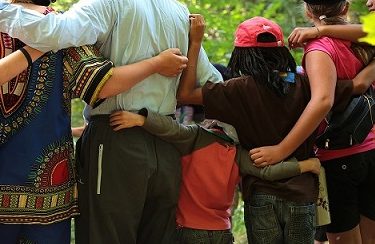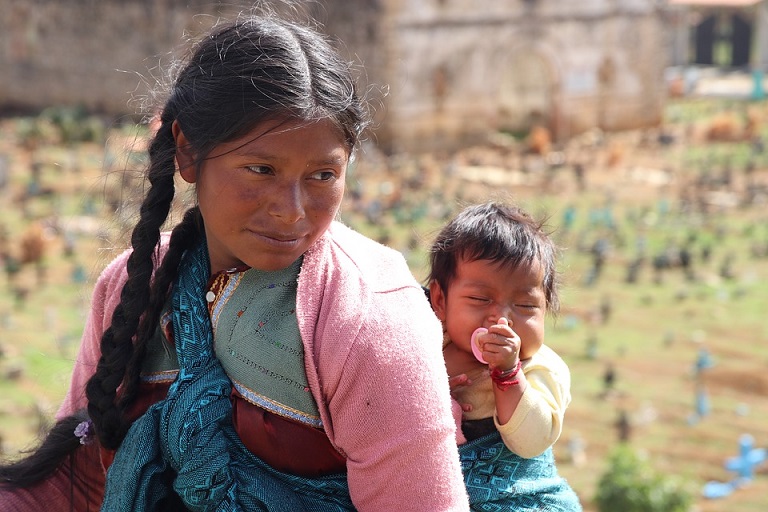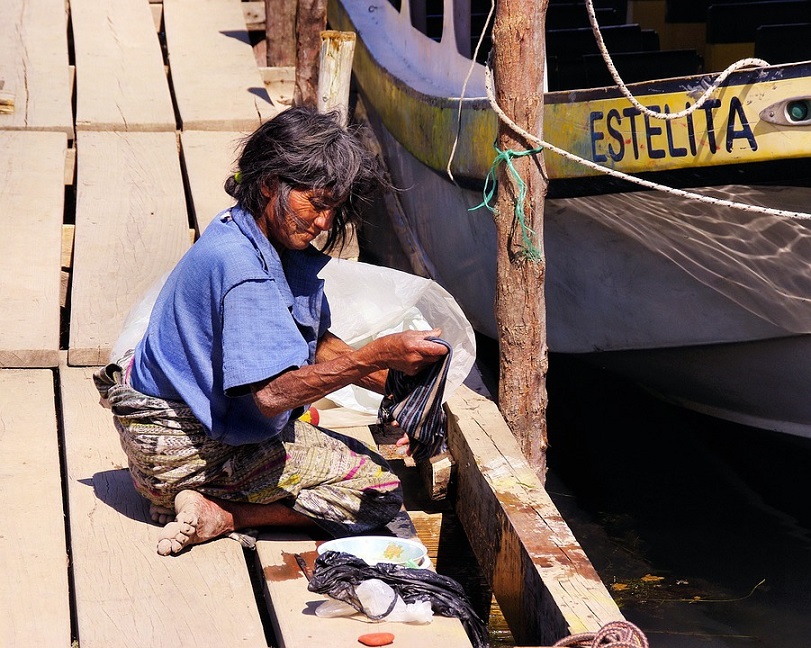Thousands of Guatemalan children stop enjoying their early years and jump into the void of survival in an environment of violence, drugs and death, forced to practice the law of survival of the fittest.
 Randy Saborit Mora
Randy Saborit Mora
Children are recruited from the age of six to transport illegal narcotics, arms and messages between gangs, revealed by a study published recently by the Vice Minister of Prevention and Children’s Ministry of the Government (Interior), Arkel Benítez.
Research shows that teenagers aged between 13 and 17 are forced to commit murders, which is part of a ritual to demonstrate affiliation to the antisocial group to which they belong. In this regard, civil servant Benítez declared that these children cannot be called assassins because they are forced to kill. The gangsters accurately analyse, threaten and offer incentives to the children with the aim of capturing them.
From January to September, the National Civil Police arrested 22 minors accused of involvement in murders.
The conditions of poverty cause them to seek ways to make easy money to take home or to pocket.
According to Benitez, parents allow children to do these activities out of fear or because more money might be brought home.
The civil servant himself pointed out that groups dedicated to narcotics trafficking prefer children and women for drugs manufacturing because their delicate hands facilitate the handling of plants such as marijuana and the opium poppy.
The Presidential Office of Social Welfare suggests that 95% of minors who commit crimes are poor.
 According to official figures, two out of three adolescents do not attend secondary school, a situation which facilitates the growth – like weeds – of this social phenomenon which is born as a result of certain unfavourable conditions arising in the home.
According to official figures, two out of three adolescents do not attend secondary school, a situation which facilitates the growth – like weeds – of this social phenomenon which is born as a result of certain unfavourable conditions arising in the home.
Alcoholism, parents carelessness concerning the whereabouts of their children during the day while they work, authoritarianism, and the acceptance of misconduct and the lack of communication between all parties, contribute to the development of this dilemma, say specialists. Norma Cruz, of the Survivors Foundation, believes that in the last decade gangs have attracted an unknown number of children and adolescents.
The Interior Minister, Mauricio López, has asserted that from last January to June, 889 children were detained, “recruited” by organised crime.
Lawsuits against young people, from the age of 13, doubled this year compared to 2012, according to statistics from the Court which oversees the execution of measures taken against adolescents in conflict with the law.
The Presidency estimates that at least 820 children and adolescents are in the nation´s juvenile centres, where an average of 50 murders have been committed by minors every year, says the United Nations Children’s Fund.
Childhood advocate, Miriam Rodríguez, believes some children are forced to perform unlawful acts such as stealing, carrying weapons or selling and distributing drugs.
 A weapon in Guatemala can be rented or bought on the black market for less than 1000 quetzals (US$125), argue authorities of Monitory Instance and Support for Public Security (IMASP) and the Institute of Education for Sustainable Development (IEPADES).
A weapon in Guatemala can be rented or bought on the black market for less than 1000 quetzals (US$125), argue authorities of Monitory Instance and Support for Public Security (IMASP) and the Institute of Education for Sustainable Development (IEPADES).
Groups of organised crime use children to carry out crimes because they are immune from prosecution, says Verónica Godoy, of IMASP.
For her part, the director of IEPADES, Carmen Rosa de León, said that weapons delivery to children and adolescents by gangs is increasing. Many Guatemalan children, perhaps wishing to hear words and acts of affection from their families, grow in strength or die in an attempt to make a name for themselves amongst groups who earn a living in the jungle known as the street.
Obviously, not all the responsibility lies at home, policies for the prevention of public violence are also necessary, policies that take into account the role of art and sport, for example, as mechanisms to save children from falling into the hands of gangs. (PL)
(Translated by Susan Seccombe – Email: ess.translations [@] gmail.com) – Photos: Pixabay












.jpg)












